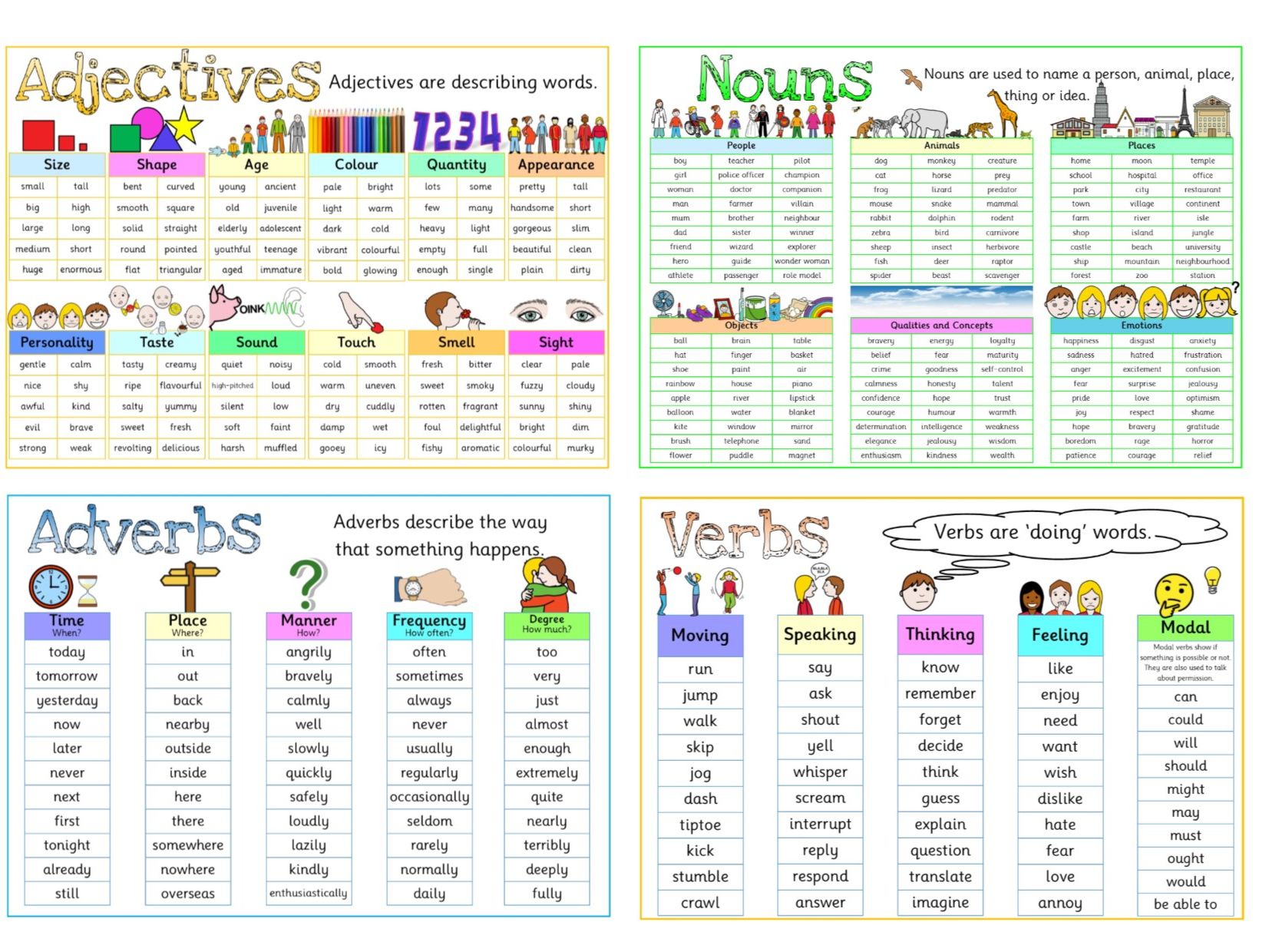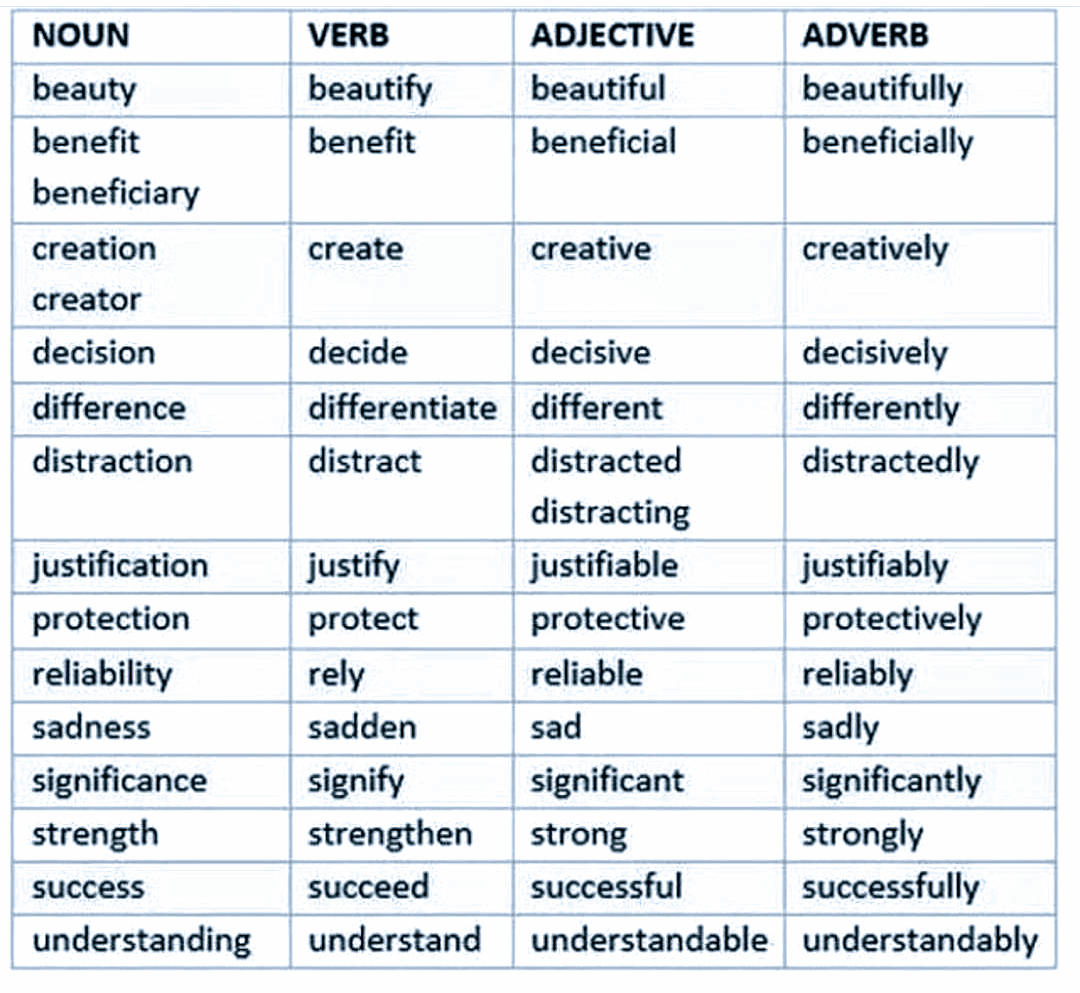
For the same reason you wouldn’t say you feel happily or sadly, you shouldn’t say you feel badly. And no matter how hard it tries, an adverb can’t describe a noun or pronoun. An adverb won’t work, because the word after the linking verb refers back to and describes the subject, always a noun or pronoun.


Notice that in all three cases, the word completing the verb is an adjective, not an adverb. The linkage is obvious in sentences like these: A linking verb serves as a kind of footbridge between the subject of the sentence and a word or words that refer back to the subject. Linking verbs, or copulas, as they were once known, convey the condition or state of the subject rather than expressing an action. Using an adverb instead of an adjective to complete a verb like feel, be or seem-a linking verb-is a widespread error. You may feel sorry, sympathetic, sad or . . . "Tell Ms. Wimplemeyer I’ll be off sick for the next two weeks." "Oh, no," you say. "I have been stricken with chicken pox," he announces. Other absolutes include perfect, false, fatal, complete, unanimous and, perhaps the best known yet still worst abused, unique. I can’t be more pregnant than my friend, and no one, regardless of belly size, can be the most pregnant. As any drugstore kit will tell you, either you are or you aren’t. Certain adjectives cannot logically be expressed in comparative and superlative forms because their meaning is absolute, without degrees. One footnote on these forms: beware of what is beyond compare. Yet because only two witnesses are being compared, the comparative, not the superlative, is the correct form:



 0 kommentar(er)
0 kommentar(er)
